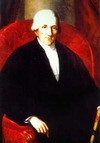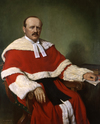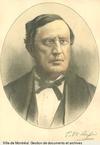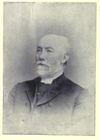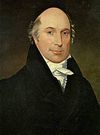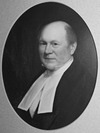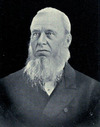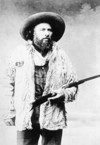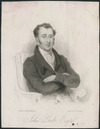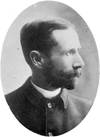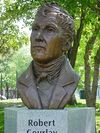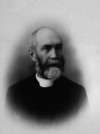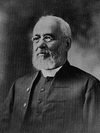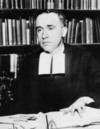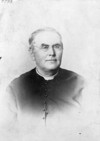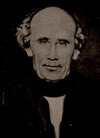Milnes he expressed the opinion that, given the independence of the church and the ignorance and superstition of the population, the influence exerted over the inhabitants by the clergy and the
school question [see Thomas Greenway*], and he presided at functions honouring the clergy, sang at the funerals of prominent co
, however, the Catholic was as much at liberty as anyone else to judge political questions for himself. To the Quebec clergy who denounced the Liberal party [see Ignace
ministers were seeking refuge in the church in the United States. Many, perhaps the majority, of the clergy and laity were becoming more receptive to the prospect of a union with the Methodist Church of
opponent to withdraw. In a savage editorial Winton wrote that Carson’s election had been brought about by the Catholic clergy’s “domination” over their mentally enslaved parishioners. Hereafter, Carson would
without considering the great disparity of the two countries in every respect.” On these grounds, Cartwright, though an Anglican, opposed the exclusive privileges given to the Anglican clergy in the
was small but still larger than the colony could accommodate. Some of these sons of the gentry dirtied their hands and engaged in trade, a few entered the clergy or the military, and a much larger
. The clergy intervened vigorously with a petition accompanied by a statement thought to have been drafted by Bishop Jean-Jacques Lartigue
Head. In his first session in the House of Assembly, Draper was active, and his position on such thorny problems as the clergy reserves and the charter of King’s College early indicated a man
with Riel’s sophisticated grasp of the relationship between theology and politics in Quebec. Dumont was bluntly critical of the clergy’s failure to support the rebellion. After a trip west to Montana
priest Alexander McDonell, of using the colony’s own resources. The scheme: sell its crown and clergy reserves
America.
However, the Catholic group was badly weakened during 1582 by attempts of their clergy and by Spanish agents to dissuade settlers on the grounds
West End mission in Winnipeg in 1892. After spending some time in Scotland brushing up on his studies and canvassing for clergy and funds, he finally took Robertson’s offer and settled in Winnipeg in
and by those “whitewashers of iniquity,” the kept clergy. Governments promoted war, abhorred by Gourlay together with all other forms of violence, solely for the selfish ends of the powerful classes
the program for clergy. Queen’s thus reflected the assumption of an established church that Christianity lay at the heart of national culture and at the centre of the educational task. Arts, science
secure money for building Anglican churches in the province, he looked only to an English clergy to minister to the colonial outpost.
Hunter’s rather
. Endorsed by the clergy, Johnston and Edmund Crawley held “educational meetings” throughout central and western Nova Scotia to rally popular support. By early autumn Howe was defending his anti-sectarian
simpler era when the Roman Catholic clergy were universally respected and guided their flocks for the good of all.
If as an author he willingly
, Irish and Scottish clergy in the Maritime provinces, 1774–1836,” CCHA Study sessions, 39 (1972): 9–33.
the wars ended, the variety of works in French increased notably. The French-speaking customers, who formed half or a little more than half of his clientele, came from the ranks of the clergy, liberal


